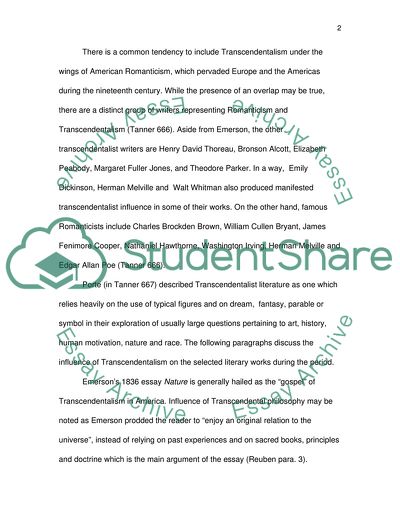Cite this document
(“Not Found (#404) - StudentShare”, n.d.)
Not Found (#404) - StudentShare. Retrieved from https://studentshare.org/philosophy/1726063-the-transcendentalists-movement
Not Found (#404) - StudentShare. Retrieved from https://studentshare.org/philosophy/1726063-the-transcendentalists-movement
(Not Found (#404) - StudentShare)
Not Found (#404) - StudentShare. https://studentshare.org/philosophy/1726063-the-transcendentalists-movement.
Not Found (#404) - StudentShare. https://studentshare.org/philosophy/1726063-the-transcendentalists-movement.
“Not Found (#404) - StudentShare”, n.d. https://studentshare.org/philosophy/1726063-the-transcendentalists-movement.


